Combat rules
Hello! This is the first little bit of the RPG I'm working on for this setting. I'd super rough, unfinished and it's prone to change. Let's start with rules on void combat.
Ship stat sheet
Name
Class
Designation
Hull: The health of a vessel. For every ten points lost, roll on the following table
Armor: armor protects the ship from ballistic weaponry, such as auto canons, and railguns. It also protects from explosives such as missiles, mines, and torpedoes.
Shields: shields protect against particle cannons and beam weapons. They also protect the ship from heat and plasma weapons.
Power: every ship has a limited amount of energy it can store and generate. Exceeding power by consuming too much in a small period of time can result in system failures. If exceeded yes the following table.
Modules
This section lists the most common modules used on ships. In the future, I'll be adding to it to provide new and upgraded modules. For now. Let's look at the standard-issue modules for a Persephone class corvette.
Offensive modules (Weapons): there are three weapon types in The Void Between both for ships and small arms. While other more niche weapons exist, they defy classification and are the closest analogy to legendary weapons in other RPGs.
Ballistic (projectile)
ballistic weapons fire a projectile at high speeds. These weapons do a moderate amount of damage but always attack a ship's armor before its hull. The projectiles travel at moderate speeds making them hard to counter and avoid. Point defense turrets offer close-range protection and offense, while railguns off longer-range damage output.
Rail guns: Rail guns fire a single projectile at ridiculous speeds. This takes significant amounts of power. These rounds of tungsten can poke a hole clean through an enemy ship, making them particularly dangerous if they manage to hit a ship's critical systems. A critical hit with a railgun will penetrate through armor and deal double damage to a ship's hull. Roll on the following table to determine if critical systems are hit.
Beam (heat)
Beam weapons are lasers and plasma cannons. These weapons do the least amount of damage and attack shields before they attack the hull. While they don't hit hard, they do build over time. Heat is hard to get rid of in space, and without a proper heat sink, beam damage is doubled for every consecutive hit with any beam weapon until a heat sink is used.
Particle lances: a particle lance strips armor and kills members of a ship's crew through concentrated bursts of particle radiation. It does increase the heat but its damage is not doubled unless hitting armor. Completely negated by shields.
Explosives
Explosives deal the highest amount of damage and half of that damage is always given to a ship's hull. They travel slowly, however, meaning they can be targeted by enemy weapons and destroyed before dealing damage. Missiles, mines, and torpedoes are all explosive weapons.
Mines:
Mines are often stored in a vacuum or cooled before deployment. This makes them much harder to detect. They deal massive amounts of damage to shields, armor, and hull, but need to be deployed strategically to ensure enemy ships hit them.
Defenses
There are many forms of defensive modules, and not all match the definition for defense. The real purpose of a defensive module is to keep the ship afloat. Some of these modules are offensive but don't directly deal damage, such as an EMP burst or a drone bay.
Shields and adaptive armor: shields are rare and their modules have to be fitted to a ship in very specific ways. Armor on the other hand is inherent in the ship's construction. The only way to add armor is to either retrofit it at a dock or apply adaptive armor modules. Adaptive armor can be adjusted and even detached during combat if you need some extra speed. A good analogy from other rpgs is temporary HP.
Drone bays
Some ships come with manual and automated drones that can assist in combat, repairs, and exploration.
Passives
Passive modules rarely affect combat. They open up new styles of play and alter the base stats of a ship.
Engines: your engines determine speed and maneuverability. The better the engine, the easier it is to move and turn the vessel, and the quicker you can do so.
Warp drives
Warp drives allow one to engage in warp travel, opening up a wider range of destinations. The better the drive, the further you can travel from a fuel source.
Stations
A station is required to use a module and every module must have a station on the ship to be used. Improved stations can operate multiple modules, and even increase the effectiveness of the module.
Scanners
"Scanner" is a catch-all term that refers to any technology used to gather information at a distance. Scanners are used to predict enemy movement and actions. These scanners can also reveal what an enemy vessel is capable of. The better the scanner the more accurate the results.
Crew allocation
Every player will act as an officer and call the shots when it comes to their division, regardless of ship size or the number of their crew. Each officer is responsible for their division and each division has its unique actions and goals during combat.
Security
Security officers are responsible for repelling boarders and operating weapon modules on a ship.
Operations
Operation officers are responsible for piloting the ship, handling navigation, and communication, both with other ships and between officers on their ship.
Engineering
Engineering officers are responsible for power allocation, repairs, and operation of passive and defensive modules.
While other divisions exist, their officers will always boil down to one of these three divisions. Now let me explain why.
Strategic Tension
Initiative is rolled for every officer, not for every ship. This means that enemy ships can fire before you can maneuver your ship and vice versa. It means you can raise defenses before they manage to fire. This makes every battle more tense. Every turn matters and can change the battle.
The system also helps ensure every player has something to do. Not everyone can shoot a gun. Refocusing on the people inside the ship instead of the ship itself opens up a wide array of roleplay scenarios and keeps it engaging for every player, especially given how the divisions overlap.
Teamwork is the name of the game here. The gunner needs to communicate with the pilot to ensure enemy ships stay inside firing arcs. The engineer needs to let people know when power is low and if repairs need to be made, and the pilot needs to notify the crew of key changes in the environment as well as planned maneuvers.
Table talk
Table talk is not only allowed, it's essential. On most occasions, enemy ships will be spotted well before the players can engage them. As the ships close distance and ready themselves for combat, the players need to construct a game plan.
This extends to the combat scenario as well. During combat, the operations officer might detect high energy output in the enemy vessel, usually indicating a beam weapon is about to be fired. This is something to notify engineers about, so they can allocate power to shielding.
I'll go into more detail on how modules interact soon, but for now, just know that players must talk about strategies. Maintaining constant communication during combat is key to success.
Initiative and limitations
Every officer must roll for Initiative (D100) on all vessels involved, arranged from highest to lowest. Once turn order is established. The encounter can begin with the officer who had the highest roll.
It should be said that no one vessel will engage with an enemy that has more than one vessel. It's suicide. This keeps to the lore and also helps make encounters shorter. I might venture into rules for larger encounters, but this is strictly for small skirmishes between two to three vessels.
Actions
Every officer gets two actions, a standard action bandana ship action. Standard actions are taken by the character on their vessel, such as movement, repairs, and firing on boarders.
Ship actions involve the whole ship, and can only be taken if near the station responsible for that action. A pilot can move the ship, but unless weapons are linked to their station, they can't operate weapons. Stations are placed on the ship's map, and to operate a station, an officer must move to that station.
Special actions
Every officer comes with their own set of special actions. These actions are either unique to their division or overlap to allow coordination with other divisions.
Ahead full: coordinating with the engineer's ship action and a pilot's ship action, the ship's power is allocated almost entirely to the ship's engines allowing for double movement speed, and double the damage for ramming.
Broadside: a pilot and gunner can coordinate an all-out attack that fires all weapons on the ship at the same time provided the weapons are loaded, primed, and operational. This can only target an enemy with the firing arc of all weapons.
Seal off: an engineer can seal off parts of the ship to put out fires on those parts of the ship. This makes the environment within those sections inhospitable and will kill anyone trapped in those sections who lack protection.
Salvage and upgrading
At the end of every encounter, the winning side can salvage the enemy vessel and use the materials obtained to repair, rearm, and upgrade their ship. This is the loot system outside of merchants in The Void Between.
Once equipment stats are made up, there will be some clear progressions on how a ship upgrades over time, as levels won't be used for progression. This progression system will also inform the person running the game. It serves as a guide for building encounters that are just right in difficulty.
Void travel
The RPG won't just be about void combat. It will center around travel and discovery, often unfolding larger narratives as the sessions pass.
Surveys
The most common encounter and one that will likely provide hooks for players will be surveys. Wayfarers often survey uncharted worlds, forming navigational zodiacs to assist in charting the stars. Anomalies will appear, inviting players to dig deeper.
Bounties
Some players may want to fill the role of a bounty hunter, and with the right connections, can hunt criminals across the state. At the same time, players can have bounties placed on them, which can lead to some lovely nemesis-style villains.
There's more in the works but I wanted to tease what I've been able to come up with thus far.



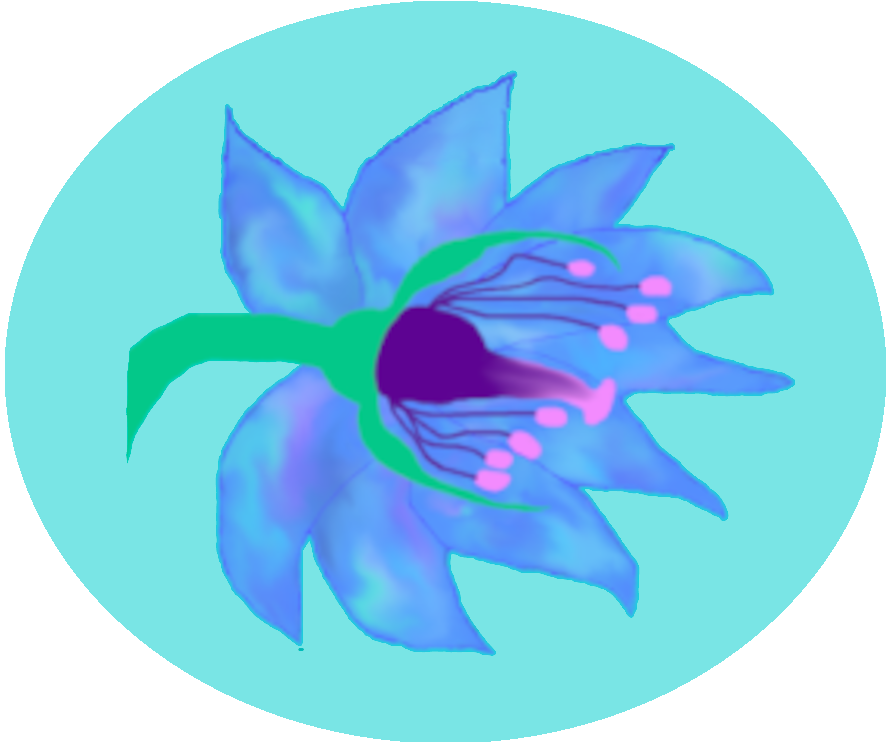
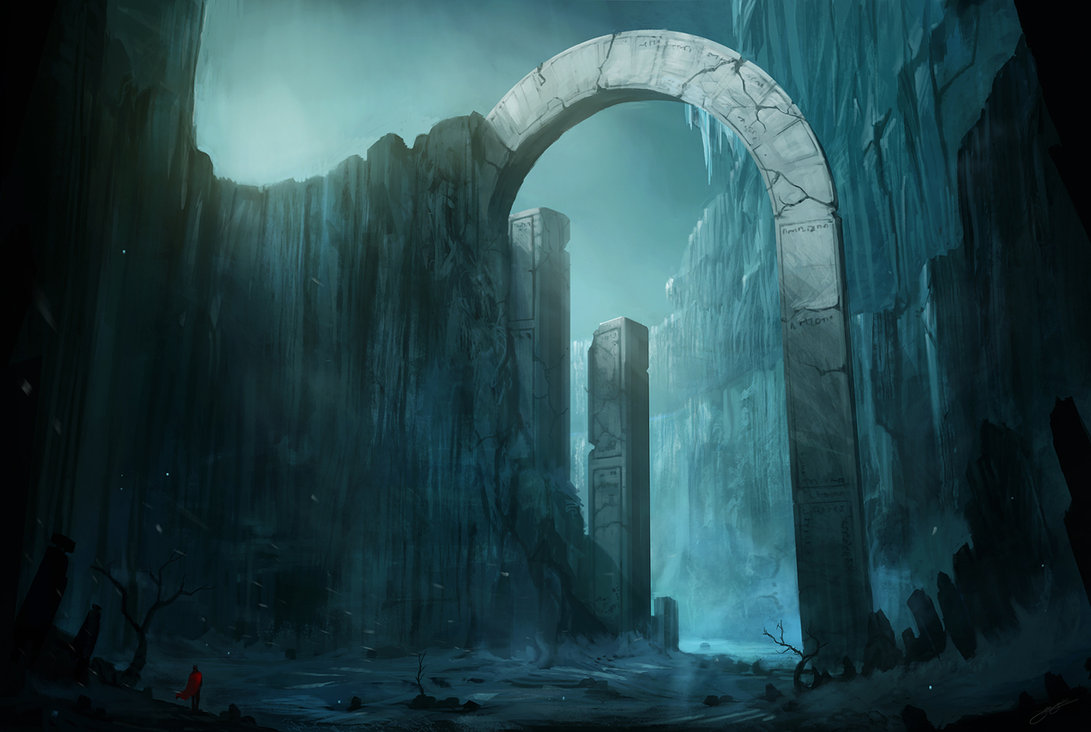
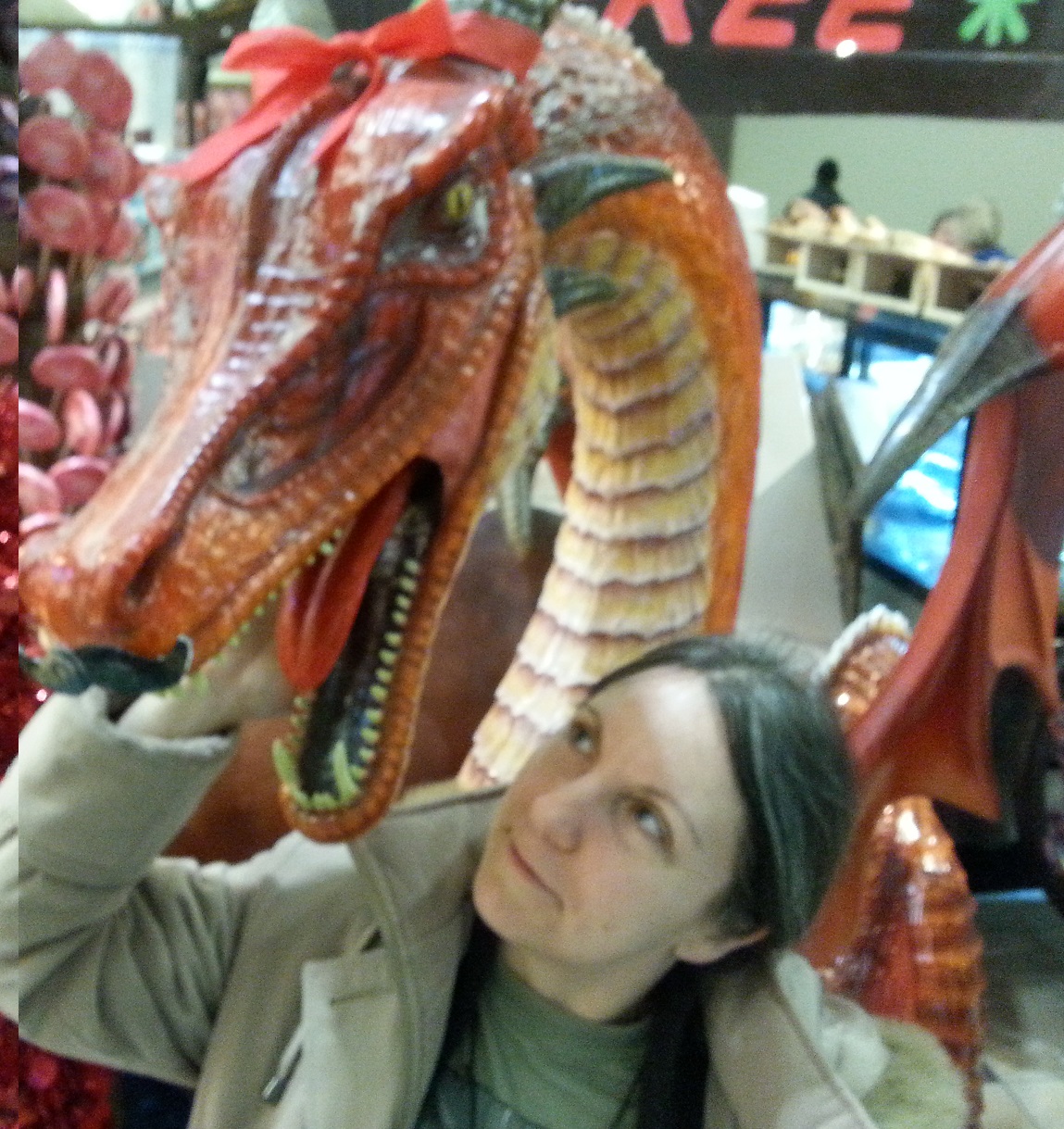
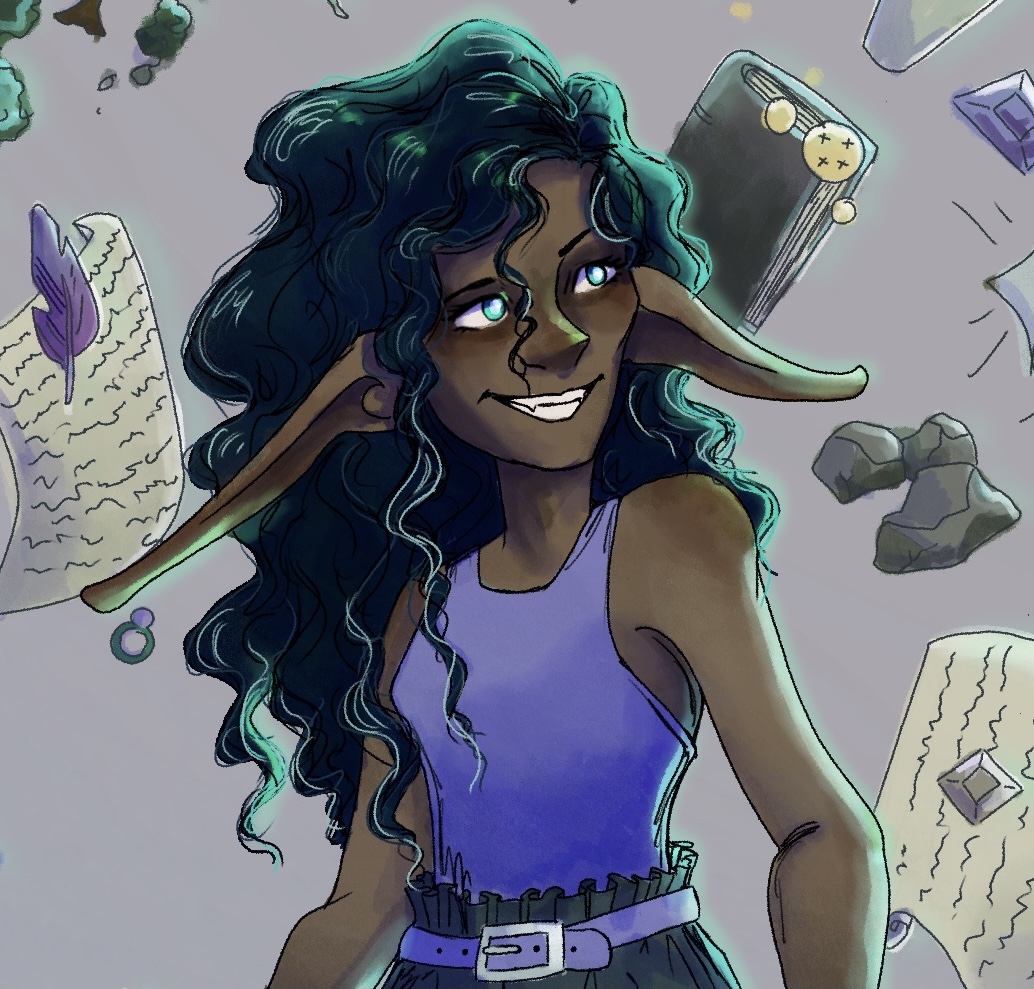
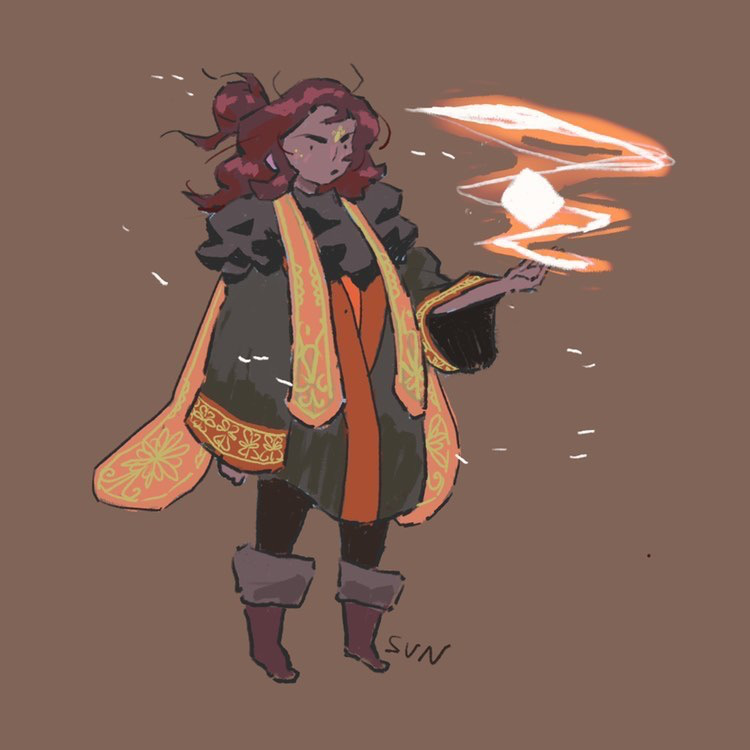


Save heeeeeeeeeeeeeer pleeeaaaaseeee
Love to code, but this one is driving me crazy!
My world Shattered won as the "Most ground-breaking premise new world"!